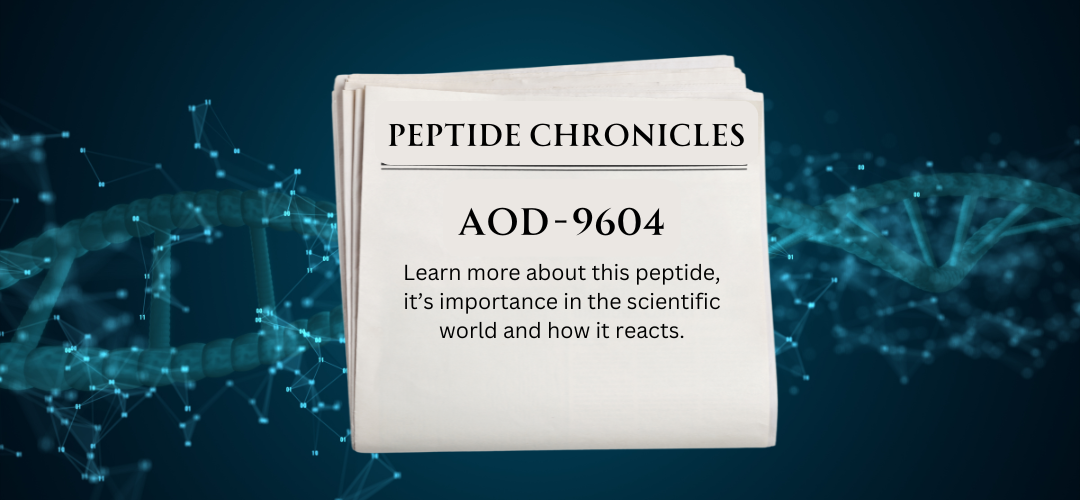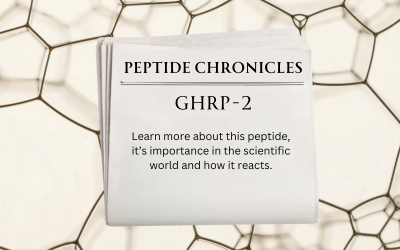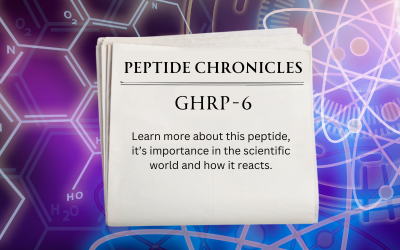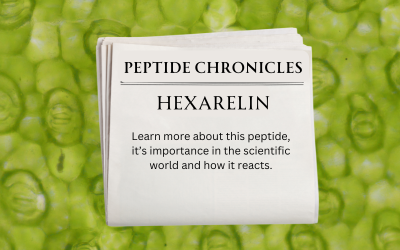AOD-9604: Actions and Benefits
AOD-9604 is a peptide fragment derived from the human growth hormone (hGH). It is specifically a modified version of the C-terminal fragment (176-191) of hGH, designed to retain fat-burning properties without affecting blood sugar or growth-related functions.
Actions of AOD-9604
- Fat Metabolism Enhancement
- Stimulates lipolysis (fat breakdown) and inhibits lipogenesis (fat accumulation).
- Targets adipose (fat) tissue, promoting the use of stored fat for energy.
- Mimics Natural hGH Without Undesired Effects
- Does not increase IGF-1 (Insulin-Like Growth Factor-1) levels, avoiding unwanted growth effects.
- Does not impact blood sugar levels, reducing risks of insulin resistance.
- Enhances Energy Expenditure
- May boost energy levels and metabolism, aiding in weight management.
- May Support Cartilage & Joint Health
- Some studies suggest it stimulates cartilage repair and reduces inflammation, which may help with osteoarthritis or joint recovery.
Potential Benefits of AOD-9604
✔ Fat Reduction – Especially in stubborn areas like the abdomen.
✔ Weight Management – Can assist in long-term body fat regulation.
✔ No Growth Hormone-Related Side Effects – Unlike full hGH, it does not promote undesired tissue growth.
✔ Safe for Most People – Does not affect glucose metabolism significantly.
✔ Potential Joint and Recovery Benefits – Might aid in injury recovery and pain relief.
How AOD-9604 is Used
- Often administered subcutaneously via injection.
- Some versions are available as oral or transdermal formulations, though injections are considered more effective.
- Frequently used in fat loss programs or weight loss therapy.
Considerations & Side Effects
- Generally well-tolerated, but mild side effects (e.g., redness at injection site, headaches, nausea) can occur.
- More research is needed to confirm long-term safety and efficacy.
- Should be used under medical supervision, especially in individuals with metabolic conditions.





0 Comments